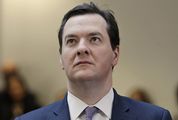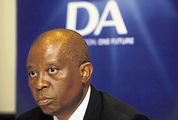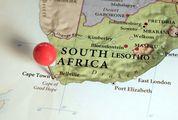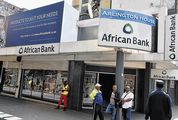THE rand maintained its stronger trajectory on Thursday afternoon as riskier assets continued to strengthen after big declines following the surprise vote by Britons last week to leave the EU. Local data released on Thursday also played its part in the recovery.
Global markets stabilised as the Brexit shock faded and investor worries about possible repercussions, such as lower global economic growth, subsided.
On the local front, SA recorded a far larger than expected trade surplus and lower than expected producer inflation print in May.
At 3.34pm‚ the rand was at R14.6862 to the dollar from R14.7910 at the previous close.
It was at R16.3118 against the euro from R16.4490 previously‚ and at R19.7059 against the pound from R19.8922 previously.
Dow Jones Newswires reported that the pound was flat against the dollar at $1.3450, little changed after the UK posted a first-quarter current-account deficit.
The euro was up 0.2% against the dollar at $1.1107 after figures showed a marginal improvement in eurozone inflation, it said.
SA recorded a trade surplus of R18.7bn in May after a revised R127m deficit (revised from a surplus of R431m) in April, statistics released by the South African Revenue Service on Thursday, showed. A surplus of R3bn had been expected.
Exports increased 14%, or R12.8bn, while imports fell 6.6% or R6bn.
Meanwhile Statistics SA data on Thursday showed that headline producer inflation printed at 6.5% in May from 7% in April.
This was lower than market expectations, but Nedbank economists said despite the slowdown in May, producer prices were forecast to increase in the months ahead, but "not as much" as was earlier expected, given the slightly better rand outlook.
Given that both producer and consumer inflation had surprised to the downside in recent months and that domestic growth has disappointed, the Reserve Bank would probably pause the hiking cycle at their next meeting in July, they said.
On the international front, London-based SP Angel Corporate Finance analysts said the London FTSE 100 recovered all its losses incurred after the Brexit vote, but the pound has remained about 10% weaker to the dollar since Thursday last week.
Governor of the Bank of England Mark Carney was planning to face members of the press and finance industry later today in London to address investors’ concern following days of political turmoil and market volatility, the analysts said.
With no clear plan from the "leave" camp over the exit programme and negotiations with the EU in early stages, economists forecast that the British economy would slip into recession for the first time since 2009.
























